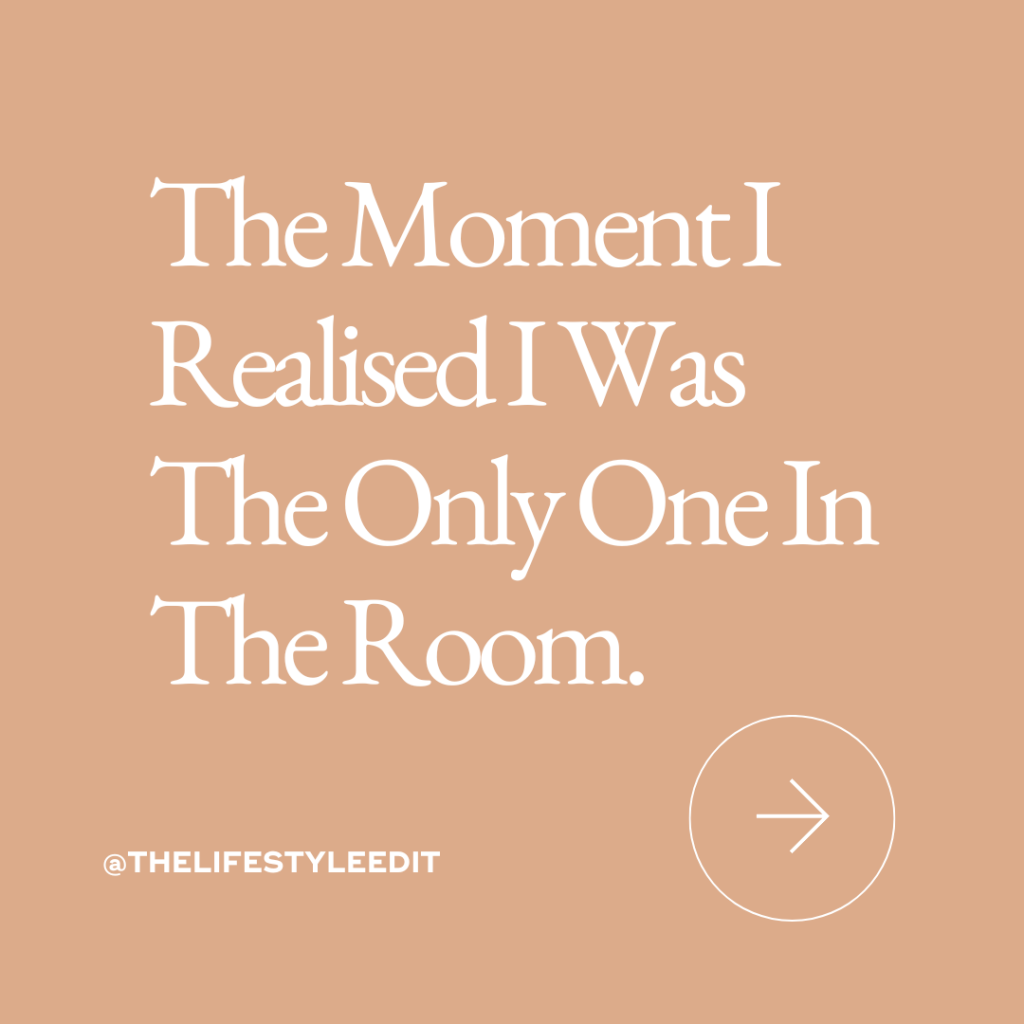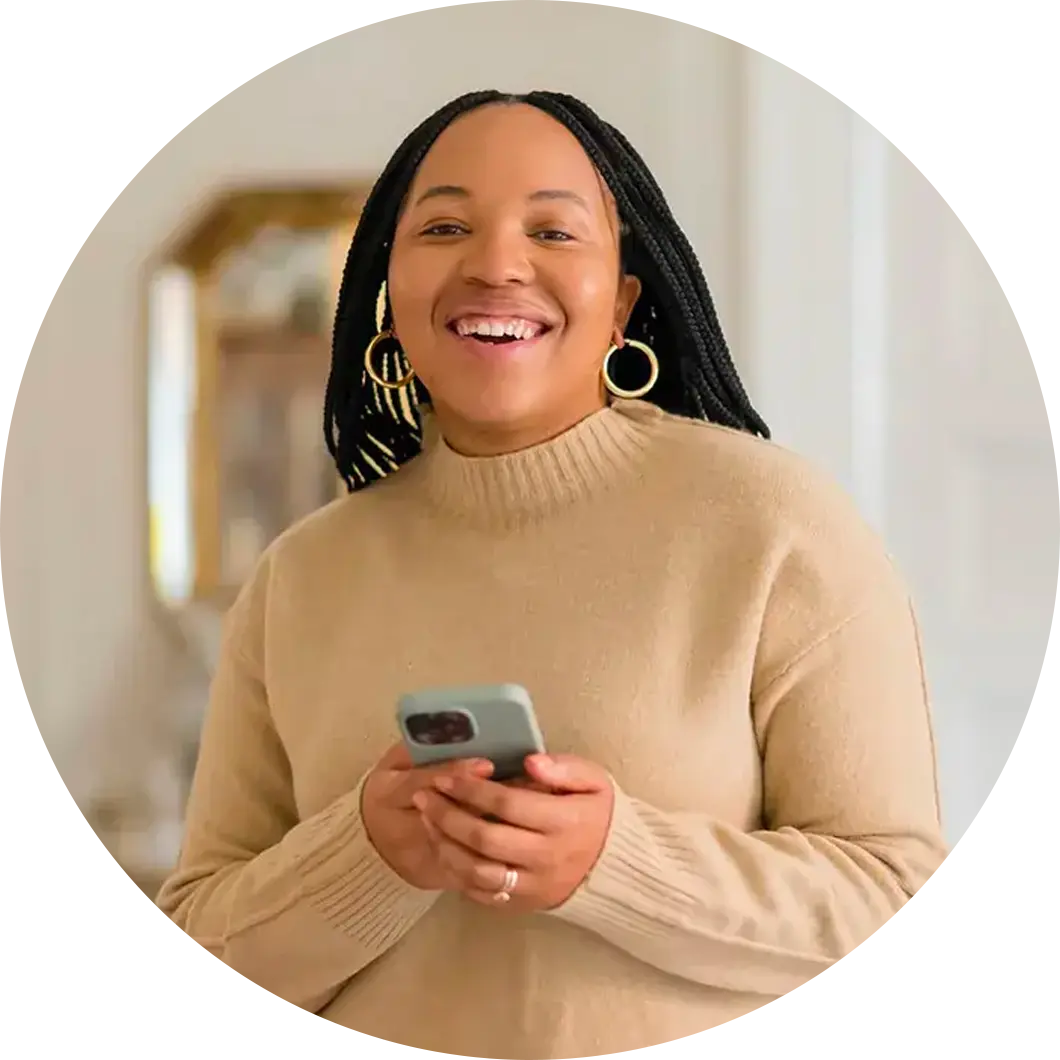And what it taught me about upper limits, safety, and expansion
About 7 years ago, I flew from London to Nashville for the in-person retreat of a year-long mastermind I was in.
When I arrived at the retreat house, one of the women turned to me and asked if I was the Uber driver taking everyone to dinner.

I was confused, shocked, even – not because there’s anything wrong with being an Uber driver – but because by the time of that first retreat, we’d been on numerous group calls together.
In that moment, I was reminded — again — that I was the only Black woman in the room and perhaps even more poignant, was the reality that her immediate way of making sense of how I could be there was to assume that I was one of the help.


I flew myself to this mastermind retreat at 5 months pregnant with my first born – and that was my experience
In all honesty, I’ve been the only one in the room for most of my career.
When I was working in fashion, I was one of the few black editors at a big publication. We all knew each other and stayed close because we only we knew what that unique experience felt and looked like.
When I was scaling my business to 7 figure years, there wasn’t anyone who looked like me doing it.
No one with similar lived experiences.
My mentors were incredible, but our realities were worlds apart.
And it’s not that you can only learn from people who look like you — of course not.
But representation matters.
Because when you can see yourself in the vision, it becomes easier to believe it’s possible for you.
What I’ve learned, though, is that being “the first” carries a weight no one really talks about.
It’s the quiet second-guessing that comes when opportunities arrive faster than your belief system can keep up.
You want the thing — you’ve prayed for it — but when it shows up, a part of you wonders:
Is this too good to be true? Am I missing something? Am I really ready for this? Why me?
That’s what happens when you hit an upper limit.
You don’t expect things to come easily.
You don’t expect to be sought out.
So you start looking for what’s wrong instead of basking in the blessings you worked for.
It’s why so many of us unconsciously self-sabotage — not because we don’t want more, but because our nervous system is wired for the familiar.
And familiar often feels safer than expansion.
I always give my students this example:
When I met my now-husband, I’d done the work. I desired a healthy, emotionally intelligent, safe relationship – after years in relationship with what I now know was an abusive narcissist –but my nervous system was wired for chaos.
In the absence of drama, I’d create it — not because I wanted to, but because calm felt foreign.
That’s what upper limits look like in real life.
You can have the thing you’ve been calling in sitting right in front of you… and still resist it because it doesn’t match the level of safety you’re used to.
That’s why this work matters so much — the internal rewiring that allows your system to hold the very things you say you want.
It’s why, in my world, we don’t just build businesses — we build capacity.
And honestly, one of the most unexpected gifts of being “the first” for me has been realizing that it’s part of my design.
To go first.
To experiment.
To share what I learn in a way that supports others who are also stretching their upper limits.
And lately, in my own programs, I’ve been watching that in real time — my students stepping into new identities, new self-concepts that finally match what they’ve been building.
Because that’s the work.
That’s the shift.
So maybe that’s the reflection I’ll leave you with today:
Where might you be resisting what you say you want — not because you don’t deserve it, but because it feels unfamiliar to finally have it?
Are you resourcing yourself with support to actually name and identify the upper limits and blocks. Because remember, we can shift what we can name or see.





